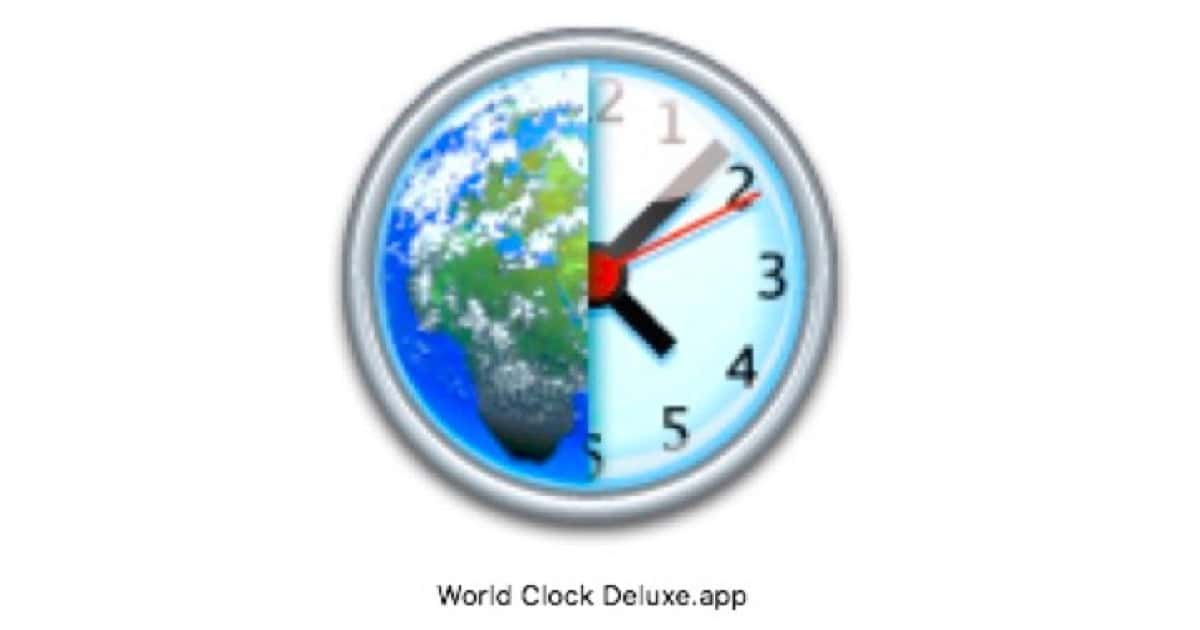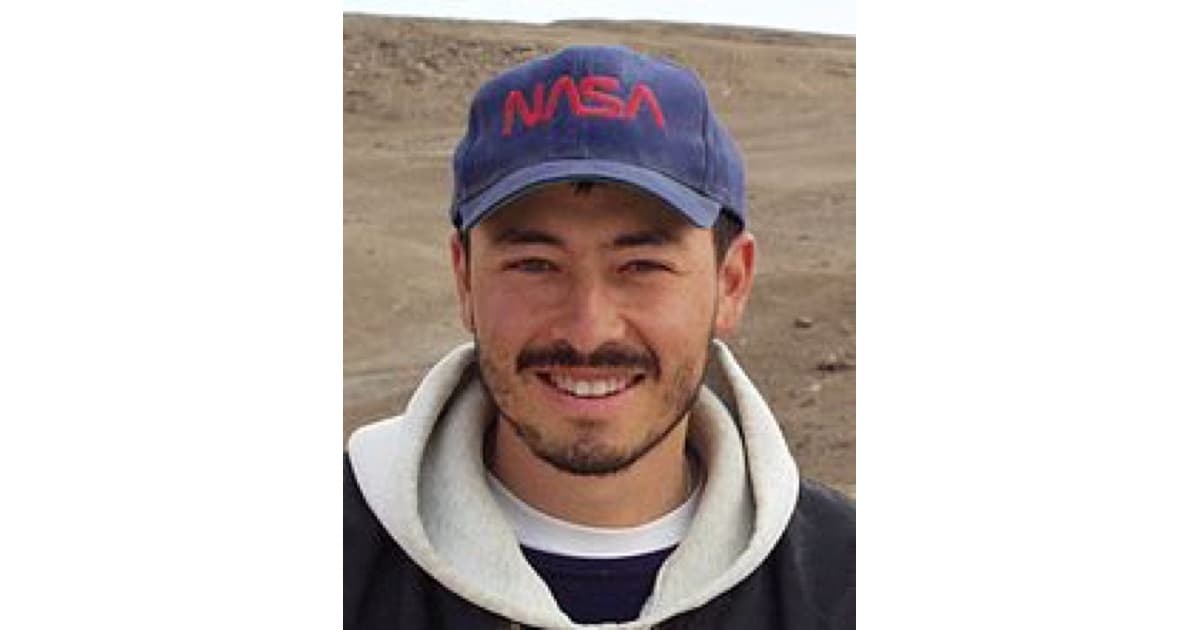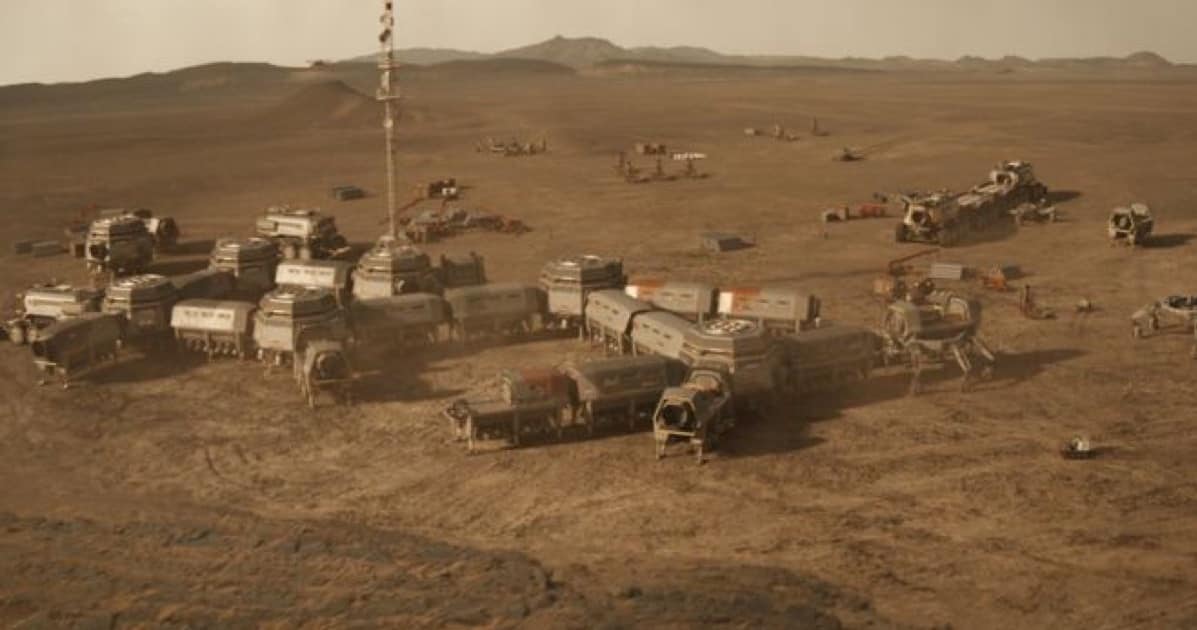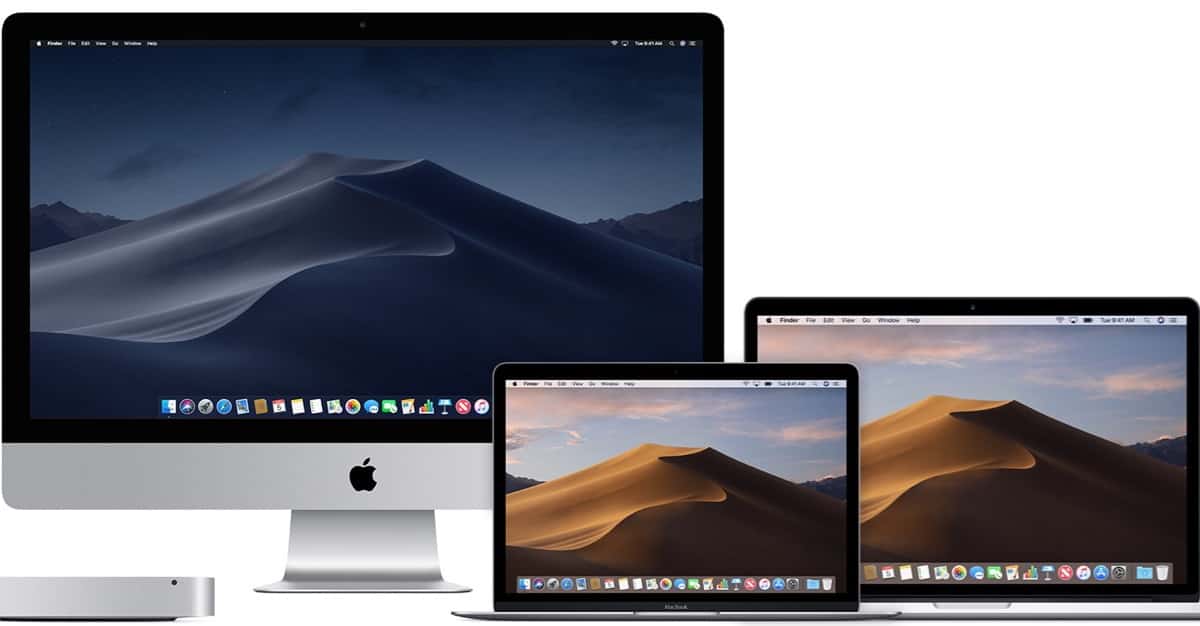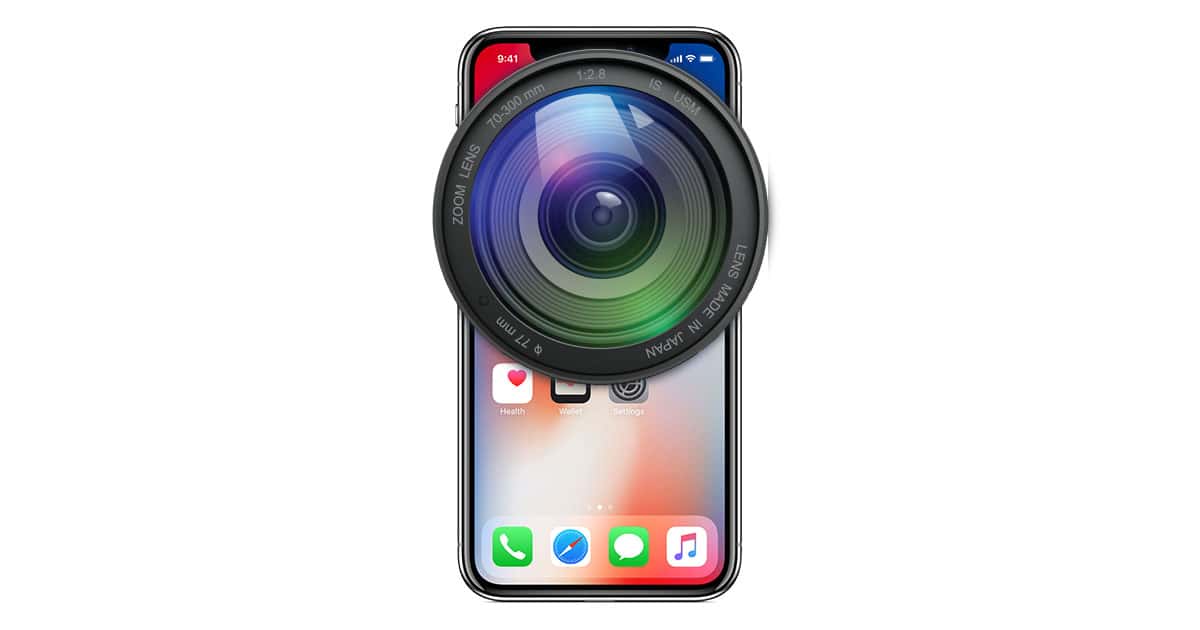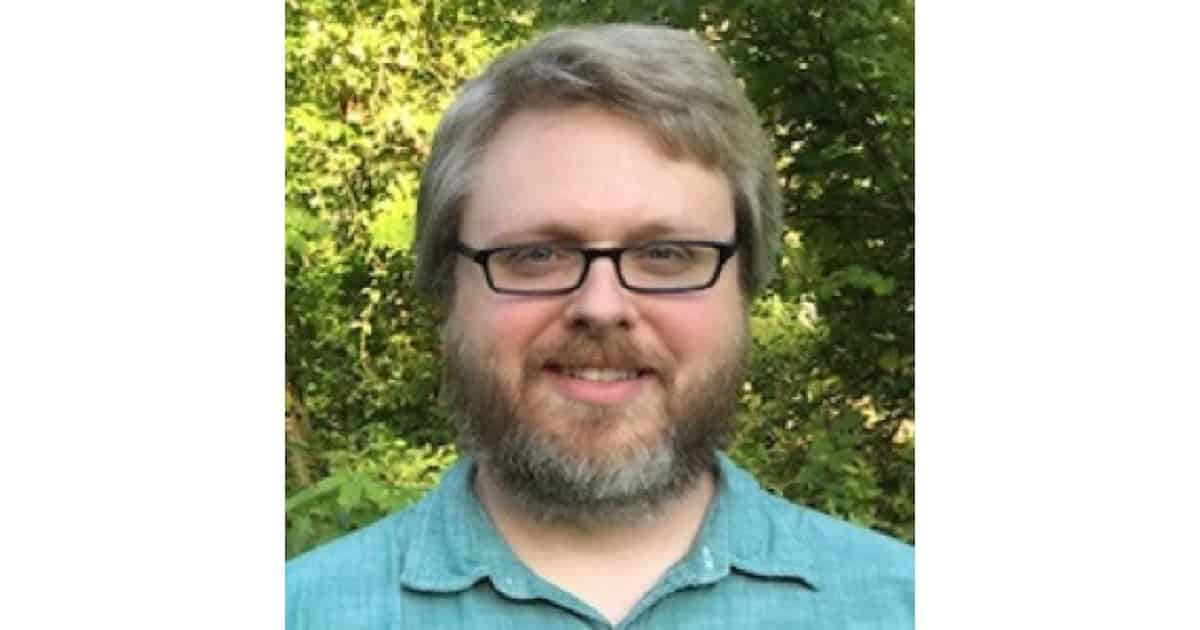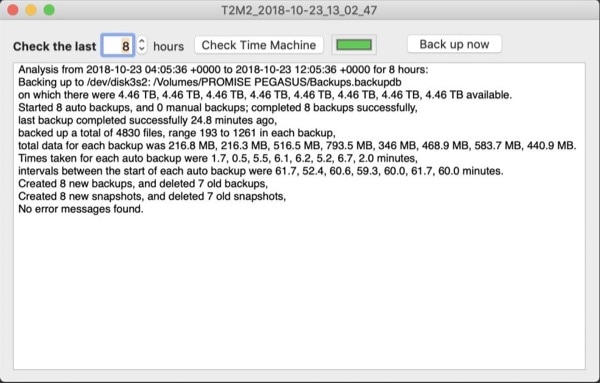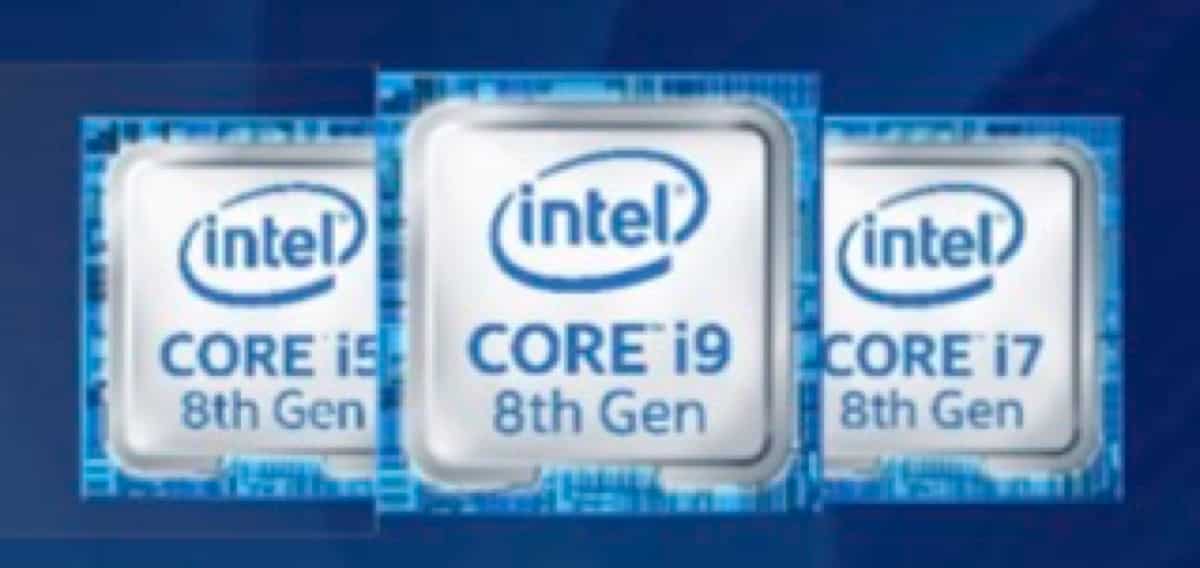Dr. Hayhoe is an atmospheric scientist and professor of political science at Texas Tech University, where she is the director of the Climate Science Center. She is also the CEO of the consulting firm ATMOS Research and Consulting. She received her undergraduate degree in physics and astronomy from the University of Toronto and a masters and Ph.D. in atmospheric science from the University of Illinois at Urbana-Champaign. We started from basics in this chat and defined how science works via observation. Then we delved into the process of climate change research, successful computer models, the significant findings of climate science and whether some changes are exponential rather than linear. Finally, Dr. Hayhoe filled us in on some great resources for further reading.
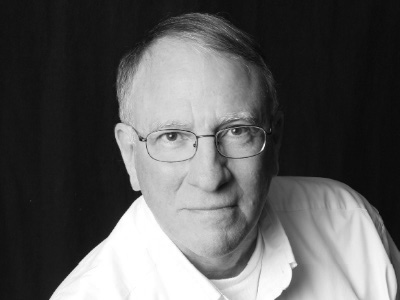
John Martellaro
John Martellaro was born at an early age and began writing about computers soon after that. With degrees in astrophysics (B.S.) and physics (M.S.), he has worked for NASA, White Sands Missile Range, Lockheed Martin Astronautics, the Oak Ridge National Laboratory and Apple. At Apple he worked as a Senior Marketing Manager, a Federal Account Executive and a High Performance Computing manager. His interests include chess, science fiction and astronomy. John is the host of the TMO podcast Background Mode.
Articles by John Martellaro
The Kilogram Could Soon be Redefined. But You Won't Notice
I’ve always been a keen observer of weights and measures, so this interested me. Digital Trends writes: “On Friday, November 16, a 129-year-old tradition will likely come to an end. Nearly all the world’s weighted measurements have relied on a single standard since 1889 — the International Prototype Kilogram (IPK), a block of metal made of platinum and iridium locked in a subterranean vault in Paris.
“Rather than defined by a block of metal, weights will be expressed in terms of the Planck constant (h). The stated goal is to shift the standard toward a more reliable form, one that won’t be damaged or corrupted by environmental factors that cause it to slightly and inexplicably lose weight.”
October's Coolest Space Images
Once again, Digg has put together a page of the coolest space images. These are for October. BJ Pang Chieh Ho launches with: “The Cat’s Paw Nebula, imaged here by NASA’s Spitzer Space Telescope, lies inside the Milky Way Galaxy and is located in the constellation Scorpius.” Many more cool images here.
Space Tourism, Thanks to Blue Origin, is Almost Ready
Wired has a nifty article about Blue Origin, the Jeff Bezos company that will soon take tourists into space. The rocket is called New Shepard. “Starting next year, Bezos plans to use New Shepard to send passengers on jaunts into space. Clad in cool Star Trek–style jumpsuits, customers will settle into a comfy capsule and shoot up over the atmosphere for a quick peek at their home planet through panoramic windows and a few moments of weightless ecstasy. Though Blue Origin hasn’t announced the fee, it’s been reported to be a couple hundred thousand dollars per head, and Bezos anticipates ramping up quickly to a few flights a week.”
5 of the Best Ultrawide Displays for a Mac or PC
A normal display for a Mac or PC nowadays has an aspect ratio of 16:9 or 16:10. But an ultrawide display has an aspect ratio of 21:9 and sizes can be substantial. And, unlike the failed technology of curved 4K/UHD TV displays, a curved computer monitor is actually useful. And beautiful. Digital Trends has put together an analysis of the five best. The “best ultrawide monitor overall” went to the Samsung CF791 (shown), but there were other categories.
Be careful though, ultrawides are dangerous — once you try one, you’ll be spoiled for all other monitors. Even the sharpest, clearest 16:9 monitor will seem insubstantial and inadequate by comparison.
World Clock Deluxe for Mac is a World-Beater
Any Mac user who works on the internet with people in other time zones should have this essential, time-tested app. John loves it.
TMO Background Mode Interview with Planetary Scientist Dr. Pascal Lee, Part II
This is Part II. Dr. Pascal Lee is a planetary scientist with the SETI Institute. He’s also Chairman of the Mars Institute, and Director of the NASA Haughton-Mars Project at NASA Ames Research Center. His research includes the history of water on Mars and planning future human exploration of Mars. Pascal has a Ph.D. in Astronomy and Space Sciences from Cornell University.
In Part I, we chatted about his background and how he became a planetary scientist. We had just started discussing the Search for Extraterrestrial Intelligence (SETI), when an internet outage stopped us cold. So I invited Pascal to return for Part II and discuss his analysis of the Drake Equation and its implications for the existence of other advanced, intelligent life in our galaxy.
Season 2 of 'Mars' Set to Air on Nat Geo Channel
I watched season one, and it was terrific. “Season one of Mars followed the crew of the spacecraft Daedalus, as the astronauts attempted to create a pioneer settlement on the Red Planet in 2033. Season two is set nine years later and follows the fortunes of the first fully-fledged colony.” Check your local listings for the National Geographic channel. Mine says Monday, November 12. (Image credit: National Geographic channel.)
How to Select a Processor Option for Your New Mac
Apple has announced and shipped some exciting new Macs in 2018. For a prospective buyer, selecting the right processor option is one of the first tasks. John provides some guidance.
21 of The Best Camera Apps for The iPhone
Digital Trends has compiled a list of 20 iPhone camera apps. “Whether you’re looking for a new way to shoot, edit, or organize your photos, these camera apps are here to help. Turning a boring shot of your feline companion into a masterpiece has never been easy.” Oddly, a very good camera app that specializes in low light photography was omitted, NightCap Camera, so I’ll add it here as #21.
TMO Background Mode Encore #2 Interview with Tidbits Managing Editor Josh Centers
Josh Centers is the Managing Editor of Tidbits.com and has published several Take Control (TC) books. He’s the author of Take Control of Apple TV and Take Control of Home Automation. He’s been writing the Take Control books for iOS since version 8, and his latest book is Take Control of iOS 12. I invited Josh to return to Background Mode to chat about this latest iOS version that has many new features. After a brief story about how Josh got started in his tech writing career, we had a very interesting chat about the creation and editing process of the TC books. We moved on to a discussion of the new 2018 iPhones. After the break, we dug into the details iOS 12. Finally, we finished with a cool story about his latest 4K TV adventure.
Sadly, Mac Sales Starting to Indicate an Overall Decline
It takes awhile before a trend in sales becomes definitive. The Mac’s downward unit sales for each Apple fiscal year are showing a trend now.
Apple Declares That Unit Sales Are No Longer Relevant. The Impact
During Apple’s Q4 Financial Results Conference Call, it was announced that, staring with the December quarter, unit sales will no longer be reported.
How this change will be received by investors remains to be seen.
tvOS 12.1 Released. No New Features But Lots of Security Fixes
Apple has released tvOS 12.1 for Apple TV 4K and Apple TV (4th generation). While there are no new features, there are plenty of security patches.
The New MacBook Air: Apple Competes With Itself
A new, low-cost, non-Retina MacBook of some kind has been envisioned and dreamed about by the community. Whatever Apple’s plans are, the new 2018 MacBook Air isn’t it. And that’s okay.
TMO Background Mode Interview with Indiana University Astronomer Dr. Catherine Pilachowski
Dr. Catherine Pilachowski is a professor of astronomy at Indiana University in Bloomington. She received her M.S. and Ph.D. in Astronomy from the University of Hawaii. Her principal research interests include the evolution of stars and the chemical history of the Milky Way Galaxy from studies of chemical composition of star clusters. “Caty” got excited about astronomy as a youth reading the books of Asimov, Hoyle and Gamow. She told me about her serendipitous decision to attend graduate school in Hawaii where some very large telescopes were being built on Mauna Kea and how that ultimately led her to her current faculty position. We then chatted about her star cluster research and ended with some great tips for students who want to pursue a career in astronomy.
An Illustrated History of Apple's Mac mini
For many, Apple’s Mac mini is a beloved computer. For others, it’s a dream rack mount server. Last year, Tim Cook told a customer, “I’m glad you love Mac mini. We love it too.” Rumors suggest we’ll see a new model this year, maybe next week in New York. In any case, if you’re a fan, sit back and enjoy this lovingly crafted, illustrated history.
T2M2 Utility Sheds Light on Time Machine Operations/Errors
When macOS Time Machine works, it does so swimmingly. But when it goes wrong, it can be hard to diagnose the problem. Worse, according to the developer, “Before Sierra brought the new unified log, it was easy to check for problems using Console. But from Sierra on, that has become increasingly complex, and most users would rather undergo root canal treatment than try to make any sense of what they now see in Console.”
“My solution is a free tool, The Time Machine Mechanic, or T2M2, which I built to analyse Time Machine entries automatically in [macOS] logs.”
And it now looks great in Mojave’s Dark Mode.
How to Use Depth Control With iPhone XS/Max & XR Camera
With the new iPhone XS, XS Max and XR, using Portrait mode, you can invoke Depth Control to change the depth of field after the photo is taken. John shows us how.
Volocopter Coming To Your Location
I’ve written about Volocopter before. Now, progress is being made, and it’ll be undergoing autonomous trials in Singapore next year. The expectation, according to engadget, “If the Singapore tests go well, the technology progresses as planned and the company can get regulators on board, you could be hopping into a Volocopter for your commute in about five years.” The best part? You won’t have to tip the autonomous pilot.
3 Ways To Touch a Link/URL in iOS
We commonly encounter URLs, in blue, in iOS, either in Mail or Safari. John shows us that there are actually, in most cases, three ways to touch that URL and get different results.
Apple Has Been Doubling Down on HDR Video
This tidbit is from February, but it has some interesting facts. First, H.266 is in the works and will offer 30% better compression than the H.265 standard used for 4K TV. It’ll be needed for 8K TV.
Plus, “Jason Power, Sr Director of marketing/broadcast at Dolby Labs, said that the progress made by Dolby Vision was further boosted when the codec was accepted at CES by Apple for its portfolio of video products, and where Apple was aggressively promoting High Dynamic Range (HDR) as ‘the new normal’ for broadcasters. There were now more than 200 titles available in HDR from Apple.” No wonder the iPhone XS/Max and XR both fully support HDR10 and Dolby Vision.
Intel's 9th Generation Chips Confront Moore's Law
Moore’s Law appears to be coming to a grinding halt, and Intel is confronting that reality with new ideas to speed up it’s 9th generation CPUs. The Verge writes: “But for the most part, the new chips have the same things last year’s chips had: more cores. And the reason is pretty simple: Intel still hasn’t managed to move on from its 14nm manufacturing node to the next step, its repeatedly delayed 10nm process.”
TMO Background Mode Interview with Science Fiction Writer & Biographer Alec Nevala-Lee
Alec Nevala-Lee is a science fiction novelist, essayist and biographer. He’s known for the scifi novels: The Icon Thief, City of Exiles, and Eternal Empire. He’s written for Analog Science Fiction, and he’s had essays and non-fiction published in the Los Angeles Times, Salon, The Daily Beast and more. We chatted about growing up in California, the influential book that inspired him to become a writer, his early career, life at Harvard, and quitting his job to become a struggling – then successful novelist. Alec also shared a bit about his writing tools and techniques. Finally, we explored his new biography entitled: ASTOUNDING, a critical look at the life, writing and mutual influences of four famous scifi authors: John W. Campbell, Isaac Asimov, Robert A. Heinlein and L. Ron Hubbard during the Golden Age of Science Fiction in the 1940s and 50s.





